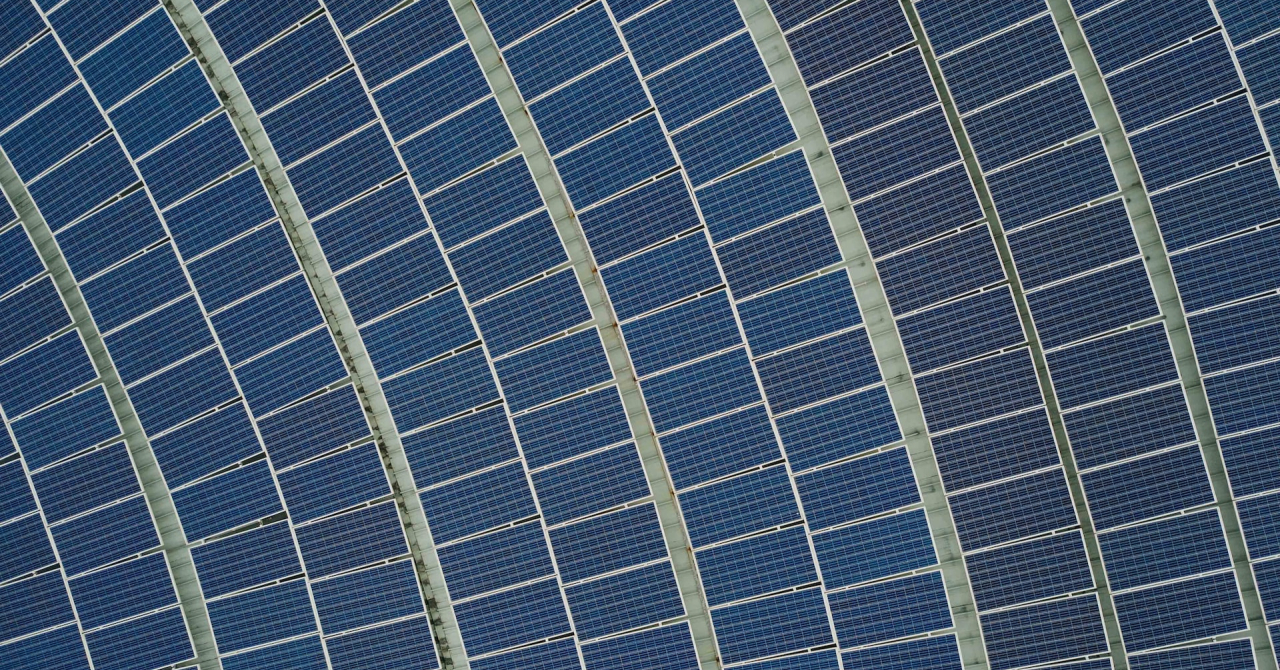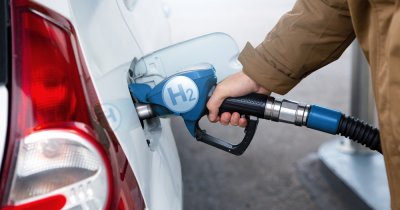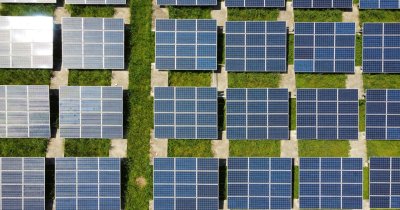According to Euronews.green, researchers wrote in the journal Nature that, by covering 30% of the world's 115.000 accumulation lakes, we could expect an energy production three times greater than that of EU's in 2021, which reached over 2.700TWh.
Experts' calculations estimate that over 9.400TWh of power could be generated worldwide this way, as solar panels are one of the most efficient and fast ways to harness energy.
Another study from 2021 claims that countries who want to fully decarbonize must give up between 0.5 and 5% of their total land surface for renewable power sources.
Because solar-dedicated land area is fairly limited, as farmers need quite a lot of land, as well, floating photovoltaics could be the answer to the space problem.
The first such system was installed back in 2008 in China and it takes up 600 hectares of water area.
The authors of the new study published in the Nature journal say that "considering the proximity of most reservoirs to population centers and the potential to develop dedicated local power systems, we find that 6,256 communities and/or cities in 124 countries, including 154 metropolises, could be self-sufficient with local FPV (floating photovoltaic) plants."
At the same time, experts believe that floating solar panels could help prevent water evaporation, which can help supply some 300 million people with freshwater.
 Mihai - Cristian Ioniță
Mihai - Cristian Ioniță












Any thoughts?